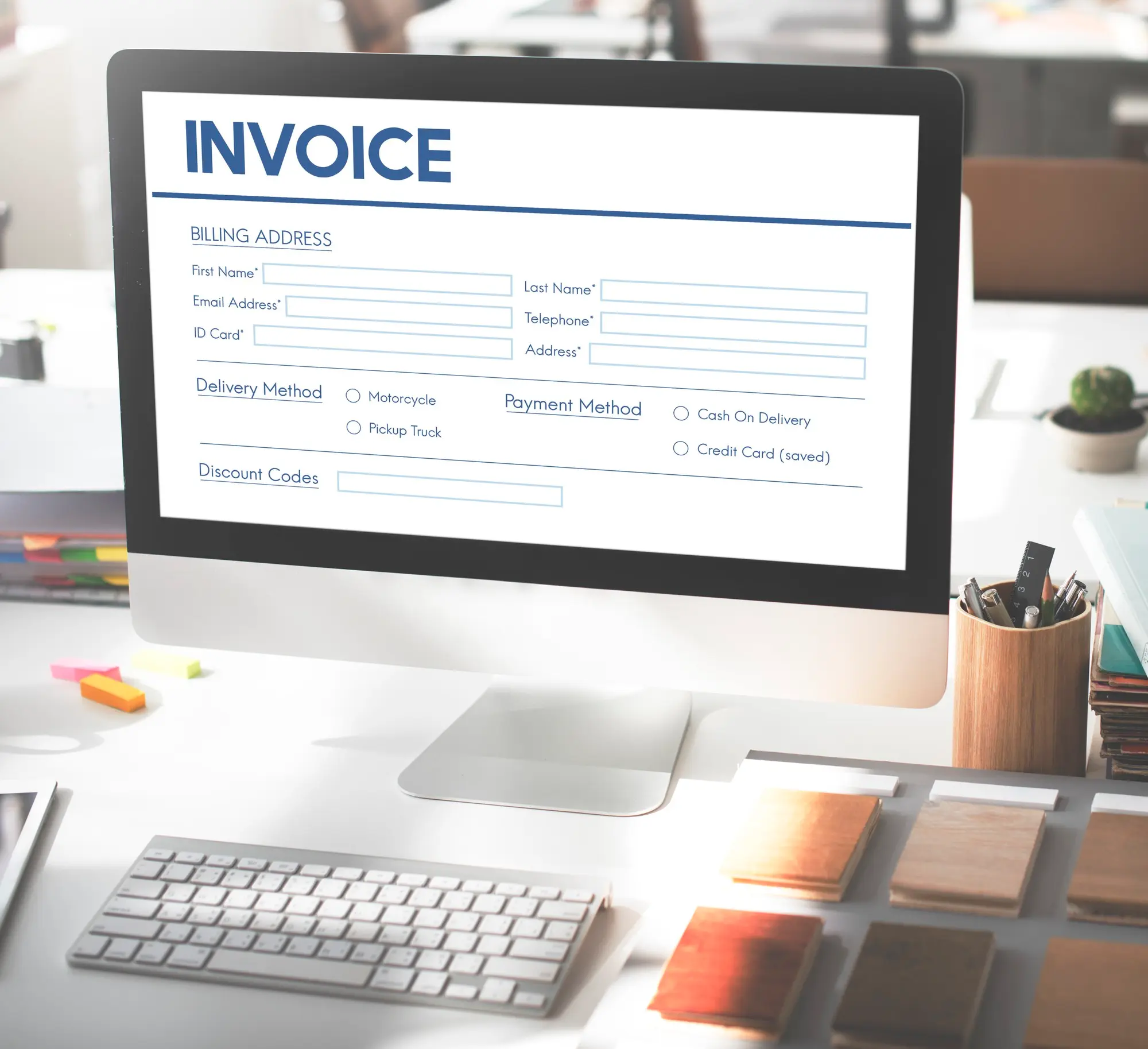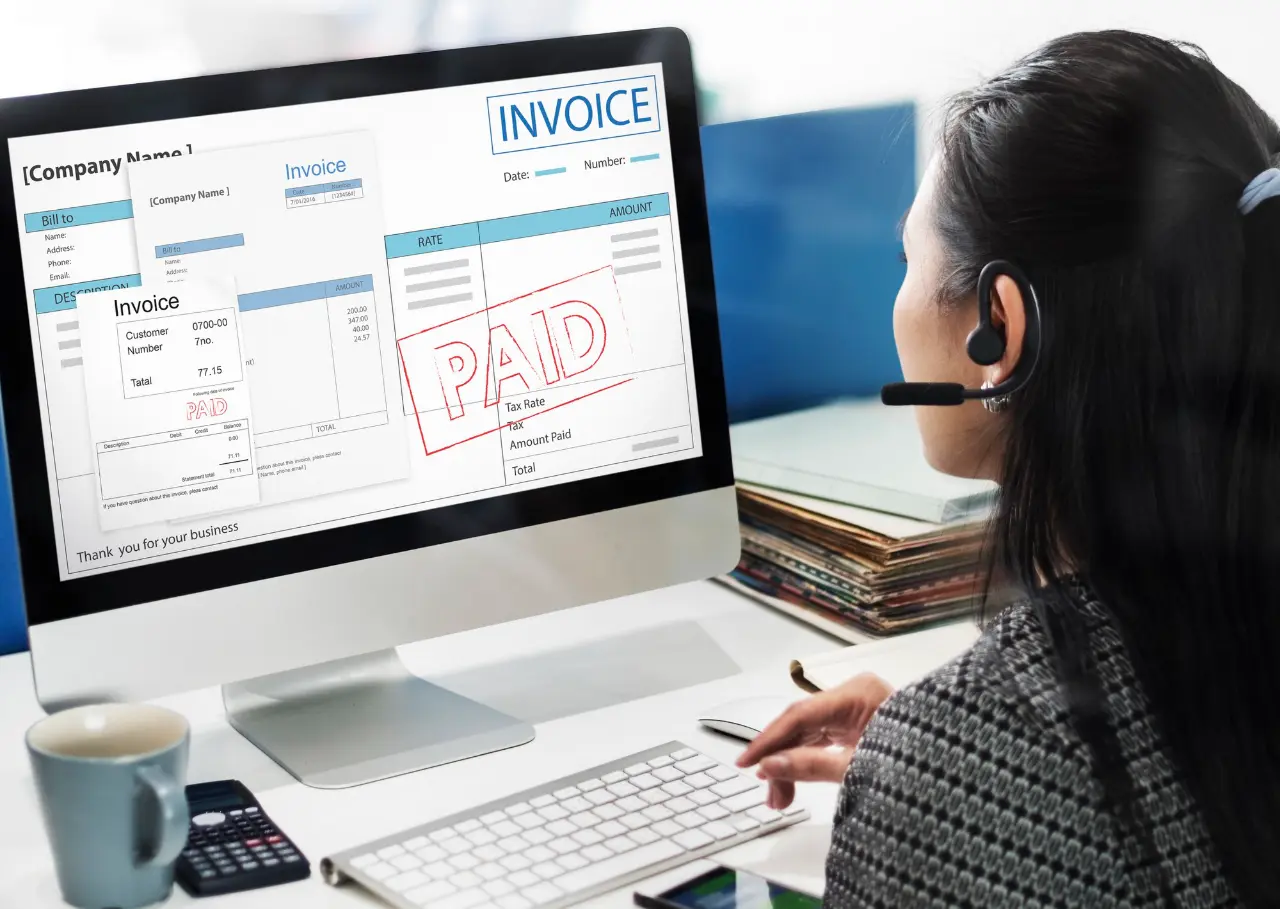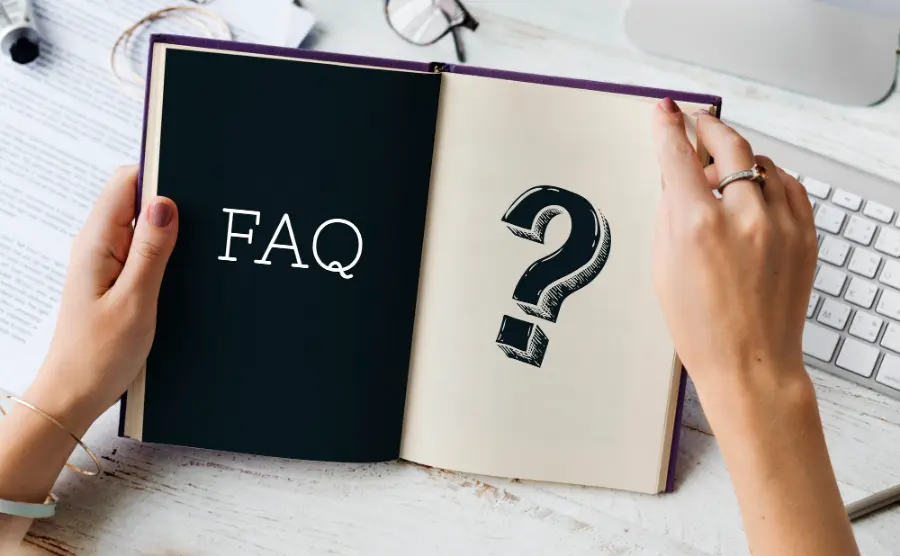14
Results for “e-Invoice
”-
The government has introduced self-billed e-invoices as part of its e-invoicing system. Self-billed e-invoices redefine the roles of suppliers and buyers in the e-invoicing process. It revolutionizes the conventional e-invoicing process by allowing buyers to take on the role of suppliers, issuing e-invoices on behalf of the suppliers. This article will delve into the concept
-
When stepping into the e-invoicing era, businesses must familiarise themselves with various types of e-invoices and understand which types of transactions or situations call for which types of e-invoices. There are several types of e-invoices available, such as normal e-invoices and consolidated e-invoices. Businesses must be able to identify and choose the best way to
-
How to manage e-invoicing in the MyInvois portal effectively? In the era of e-invoicing, there is a transformative shift in how invoices are created, shared, and stored. Whether as a business entity or an individual taxpayer, it is crucial to ensure a successful transition to e-invoicing. There were two mechanisms available to transmit the e-invoices
-
What are you concerned about e-invoicing? To support the growth of the digital economy, the government has decided to make e-invoicing mandatory for all taxpayers. The introduction of e-invoicing in Malaysia could give rise to several hassles and challenges for taxpayers. This article addresses 10 frequently asked questions (FAQs) and concerns that taxpayers may have
-
Introduction: Malaysia is gearing up for a major reform as it prepares to fully implement electronic invoicing. This initiative aims to align with the global trend of digital revolution and propel the country’s tax system towards a new milestone. The electronic invoicing system by the Inland Revenue Board of Malaysia will bring numerous benefits to




